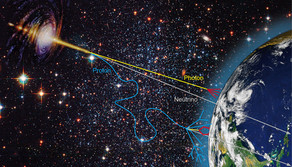Multimessenger Astronomy
We work on the exploration of the universe with a variety of modern experiments distributed all over the world.
To this end, we search for neutrinos, radio signals and photons of the highest energies.
Our Research
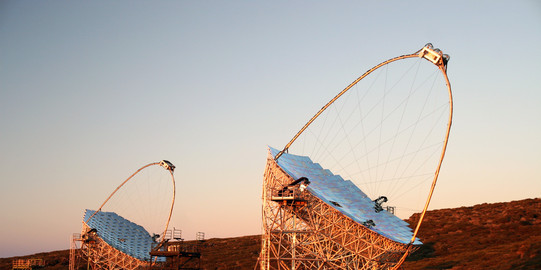
Gamma-ray Astronomy

Neutrino Astronomy
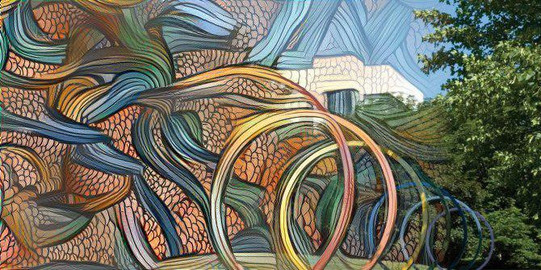
Method Development
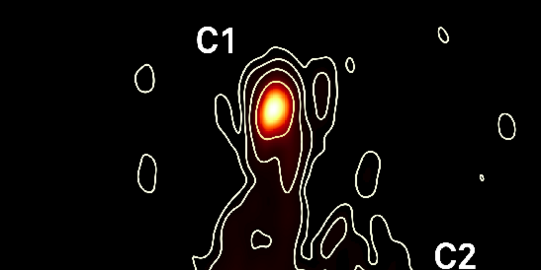
Radio Astronomy
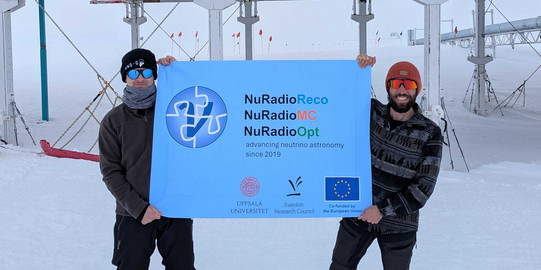
NuRadioOpt
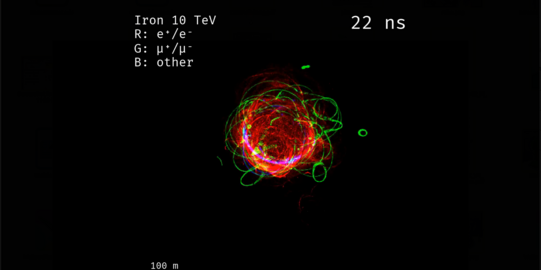
Particle Interaction and Propagation
News
10/11/2024
Congratulations to Dr. Jan Lukas Schubert on the successful defense of his PhD
Congratulations to our chair member Dr. Jan Lukas Schubert on the successful defense of his PhD thesis!
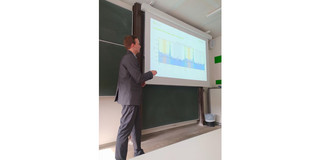
10/09/2024
Former member of our chair is mentioned in the scientific background article of the 2024 Nobel Prize in Physics
The former member of our chair, Mirco Hünnefeld, is mentioned in the scientific background article of the 2024 Nobel Prize in Physics.

09/25/2024
Members of the chair are awarded the Florian Goebel Prize
Three (former) members of the chair are awarded the Florian Goebel Prize.
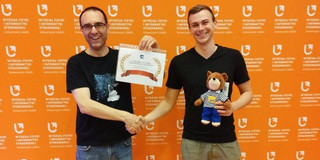
09/03/2024
Dr. Jean-Marco Alameddine successfully finished his PhD
Our chair member Dr. Jean-Marco Alameddine successfully finished his Ph.D.
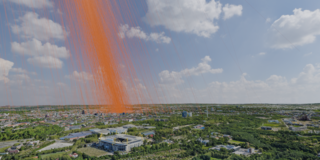
08/09/2024
Dr. Lukas Nickel successfully completes his PhD
Dr. Lukas Nickel successfully completes his PhD at our chair.
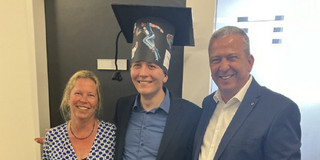
04/07/2024
Dr. Simone Mender successfully completes her PhD
Dr. Simone Mender successfully completes her PhD at our chair.
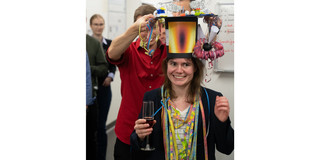
04/03/2024
Dr. Karolin Hymon successfully completes her PhD
Dr. Karolin Hymon successfully completes her PhD at our chair.
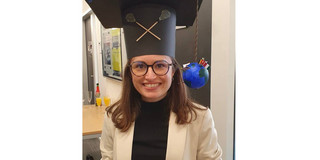
04/03/2024
Dr. Leonora Kardum successfully completes her PhD
Dr. Leonora Kardum successfully completes her PhD at our chair.
12/23/2023
Interdisciplinary meeting at the Lamarr institute at TU Dortmund
An interdisciplinary meeting of researchers from physics and computer science took place at the TU Dortmund from 29.11.23 to 1.12.2023.
12/19/2023
Member of the research group is appointed to the Fellowship of the International Science Council
Master's student Cyrus Pan Walther is appointed Fellow of the International Science Council.

11/01/2023
20th anniversary of the MAGIC telescopes
Chair members visited the celebrations of the 20th anniversary of the MAGIC telescopes on the Canary Island La Palma.
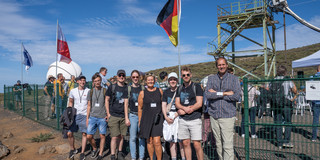
10/18/2023
Dr. Alicia Fattorini successfully completed her PhD
Dr. Alicia Fattorini successfully completed her PhD at our chair.
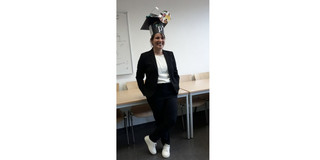

![[Translate to English:] [Translate to English:]](/storages/app-physik/_processed_/3/a/csm_APPGroupphoto2023_001_small_858e4405eb.jpg)

